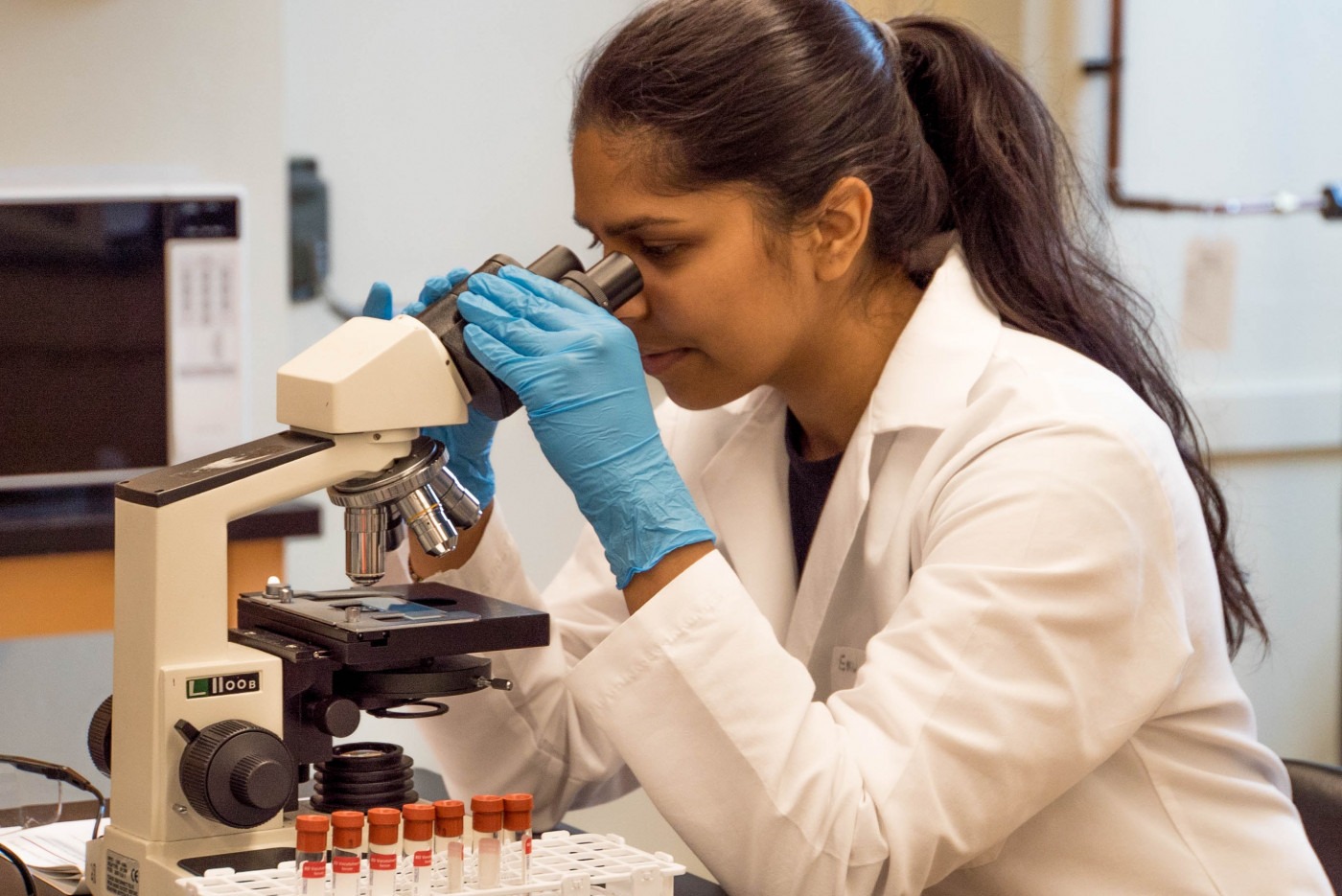Warwick AI research aims to streamline colon cancer diagnoses
A new study conducted at the University of Warwick aims to use artificial intelligence (AI) to improve colon cancer diagnosis, based on National Institute for Health and Care Research (NIHR) funding.
The research, which benefits from a £2.6m research grant, is designed to show how AI can streamline the diagnosis of colon abnormalities and ease the pressure on the NHS. It will draw on data from 10 NHS hospitals across the UK, which will provide a total of 10,000 biopsy samples for large-scale validation of an AI algorithm that will be able to automatically screen out normal results.
The algorithm will investigate samples prior to pathologists and eliminate healthy cells from its analysis at this earlier stage. This will speed up the identification and flagging of abnormal tissues and enable pathologists to better use their resources in analysing and tackling disease.
“Our revolutionary technology can significantly reduce the burden of colon biopsy screening, helping pathologists focus on cases that require special attention” – Professor Nasir Rajpoot
Contributing to the Warwick study are Professor Nasir Rajpoot of the University of Warwick’s Computer Science department and co-lead Professor David Snead, Consultant Pathologist at University Hospital Coventry and Warwickshire.
Professor Rajpoot said: “There is great potential for AI in pathology. In particular, our revolutionary technology can significantly reduce the burden of colon biopsy screening, helping pathologists focus on cases that require special attention.”
Professor Snead said: “This is a fantastic opportunity to be able to take one of the tools we have been creating in the PathLAKE study and test it across the UK. This will change the way pathology is delivered across the globe. Patients get faster diagnoses because the normal cases receive an automated report from the computer running 24/7. Pathologists can go straight to those samples which contain disease and need their expertise and the NHS gets a huge help in dealing with the escalating workload and the need to diagnose cancer earlier.”
Medical researchers are currently grappling with ways to incorporate AI into the practice of medicine. It was widely used during the Covid-19 pandemic to forecast infection rates, to explore potential drugs for treating the illness, and to identify vaccine targets that may have had the potential to develop a vaccine. Furthermore, it was noted for its efficiency in supporting healthcare infrastructure.
Similar technology and approaches were used in a recent study concerned with the detection of Alzheimer’s disease. Researchers at Massachusetts General Hospital used AI to examine tens of thousands of routine brain scans, and were able to train a model to detect Alzheimer’s disease risk with more than 90% accuracy.

Comments